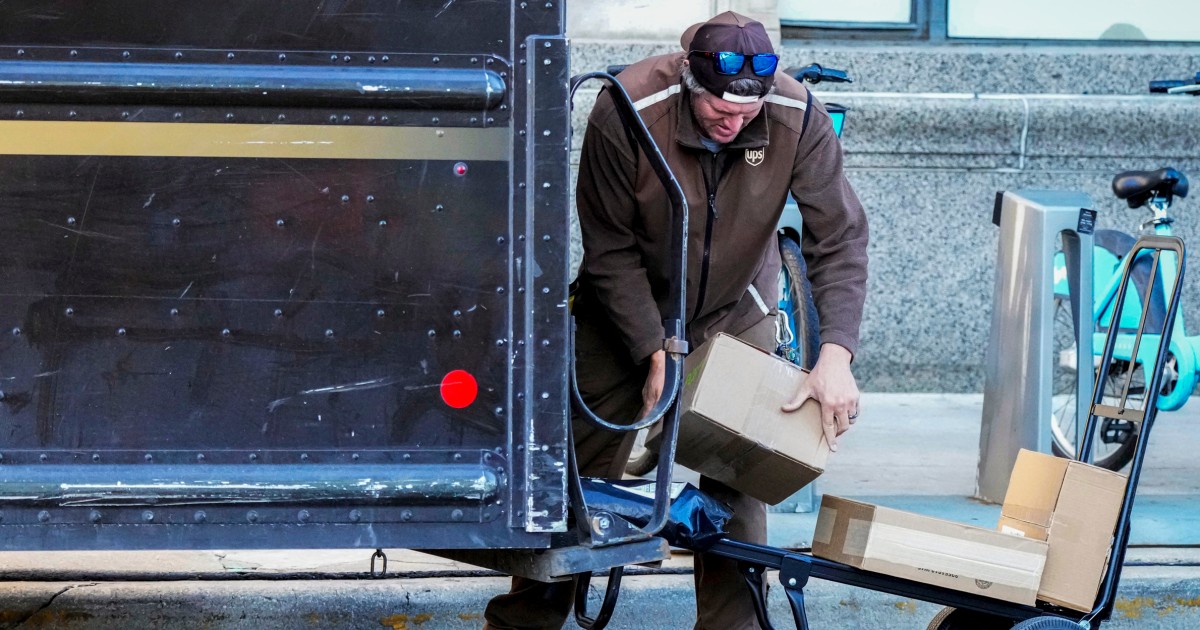A professor dubbed “Dr. Antifa” tried to flee the country amid threats to his life but was stopped at the gate and told his reservation had been canceled.
Mark Bray, a historian of modern Spain and the world, taught in Rutgers University’s history department in New Jersey until a Turning Point USA chapter petitioned for his firing.
“We believe in free speech and the First Amendment. However, this does not mean that one is free from the consequences of their actions,” the petition stated, calling Bray “Dr. Antifa” for the content of his academic work.
In 2017, Bray published Antifa: The Anti-Fascist Handbook, based on interviews with anti-fascists, which explores the movement’s philosophy and history. At Rutgers, he taught a course on the history of antifascism.
“My role in this is as a professor,” Bray told The New York Times in an interview shortly before his flight to Spain. “I’ve never been part of an antifa group, and I’m not currently. There’s an effort underway to paint me as someone who is doing the things that I’ve researched, but that couldn’t be further from the truth,” the professor added.
Bray decided to flee the country ahead of death threats that he received following the death of conservative activist Charlie Kirk, which led to President Donald Trump designating Antifa—a broad and decentralized political movement that opposes fascism— as a domestic terrorist organization.
On the same day Bray was set to fly to Spain with his wife and two children, Trump hosted a White House roundtable focused on Antifa.
“‘Someone’ cancelled my family’s flight out of the country at the last second,” Bray posted on Bluesky, adding, “We got our boarding passes. We checked our bags. Went through security. Then at our gate our reservation ‘disappeared.’”
Since Sept. 26, Bray had received three death threats, including one threatening to kill him in front of his students, The Washington Post reported. His address had also been leaked on social media.
Students have posted screenshots on Reddit of Bray’s emails canceling or moving classes online, with many expressing disappointment that this was happening to their professor.
“Hope he enjoys his time in Europe, I was enjoying the class discussions,” one Reddit user said, posting an email from Bray that read: “Since my family and I do not feel safe in our home at the moment, we are moving for the year to Europe. Truly I am so bummed about not being able to spend time with you all in the classroom.”
In a statement to The New York Times, Rutgers University said that it “is committed to providing a secure environment — to learn, teach, work and research — where all members of our community can share their opinions without fear of intimidation or harassment.”
When asked about the threats to Bray, the White House claimed to The Times that “examples of Democrat violence are plentiful.”
After Bray announced his decision to leave the country, students launched another petition calling for the disbanding of Rutgers’ Turning Point USA chapter. As of Thursday, that petition had about 2,000 more signatures than the one calling for Bray’s firing.
“I think that all death threats and doxxing are unjustified and not how political disputes should be resolved in civilized society,” said Ava Kwan, a Turning Point USA chapter member, in an email to The Times on Wednesday. She added, “I think Dr. Antifa, who believes in violence as a political tool, should be fired, of course. Taxpayer money should not fund the salaries of terrorists.”
Bray and his family have rebooked their flight for Thursday, but hope to return to the U.S. and the classroom in the future. For now, his classes will be pre-recorded.
“I’m hopeful about returning, and I’m hopeful — and I say this as a history professor — that someday we will look back on this as a cautionary tale about authoritarianism,” Bray told The Times.

https://www.thedailybeast.com/dr-antifa-professor-blocked-from-flying-after-trump-roundtable
Sound as though someone hacked into his frequent flyer or travel agency account, or had enough personal info about him to fool the airline’s customer service folks to cancel the tickets.






